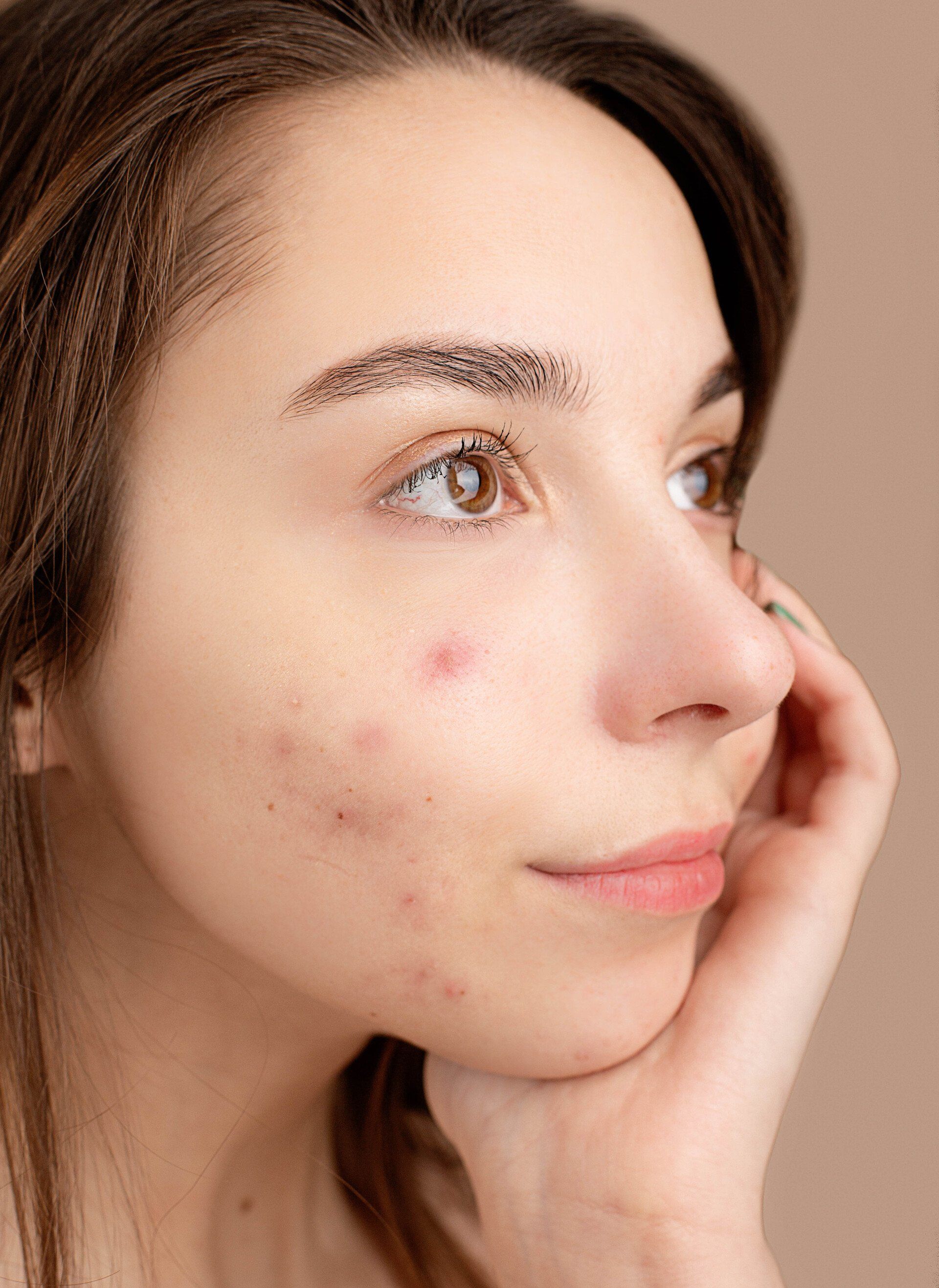Treating Acne

Acne is a common skin condition that affects many people of all ages. It can cause redness, inflammation, and blemishes on the face, chest, back, shoulders, and other areas of the body. Fortunately, there are treatments available to help reduce or eliminate acne symptoms.
Overview of Acne
Acne is an inflammatory skin condition caused by clogged pores due to excess sebum production from overactive oil glands. This leads to whiteheads (closed comedones), blackheads (open comedones), pimples (papules) or cysts (nodules). Acne can be mild or severe depending on its severity; however it usually resolves itself without treatment within 6-12 months after onset. Common triggers for acne include hormones such as testosterone during puberty; certain medications; stress levels; diet choices such as dairy products or high glycemic index foods like processed carbs; cosmetics/skin care products containing pore-clogging ingredients like mineral oil; environmental factors like humidity or pollution; genetics which may predispose someone to more severe cases of acne than others.
Common Treatments for Acne
There are various treatments available for managing acne including topical creams/gels/lotions applied directly onto the affected area(s); oral antibiotics prescribed by a doctor if needed; light therapy using blue LED lights which kill bacteria associated with inflamed spots while also reducing redness & swelling . The best approach often depends on individual circumstances so seeking professional advice from a qualified dermatologist is recommended before starting any new treatment regiment.
Topical Treatments
Topical treatments come in different forms such as gels, lotions, ointments, creams etc . They typically contain active ingredients that work against bacteria causing inflammation; unblock pores & reduce sebum production; exfoliate dead skin cells; provide anti-inflammatory action & hydrate dry patches; encourage cell turnover & prevent scarring among other things. However, not everyone responds equally well to these agents so consulting with a specialist first is advisable before embarking on self-treatment regiments.
Oral Treatments
Oral medications are generally reserved for more severe cases of acne but they can also be helpful when combined with topical therapies. Again speaking with your doctor prior to taking anything orally is essential since some drugs have potential side effects that must be taken into account especially if you’re pregnant, breastfeeding, or already taking prescription medication.
Light Therapy
Light therapy uses either blue LED lights alone or combined with other wavelengths depending on what’s being targeted. Specialized equipment needs to be used for optimal results hence why visiting professionals should always be considered when considering this option.
Finding experienced professionals specialized in treating all types of skin conditions dealing with acute/chronic cases involving facial lesions due to underlying causes such as hormonal imbalance isn't always an easy task. No matter how mild, moderate, or severe your case may appear anyone experiencing symptoms linked above should definitely consider seeing a dermatologist. Contact Skin Dermatology in Orange City or Palm Coast to learn more about how we can help you keep your acne under control. Call us today at 386-256-1969 to set up a consultation!
Latest Blog Posts



